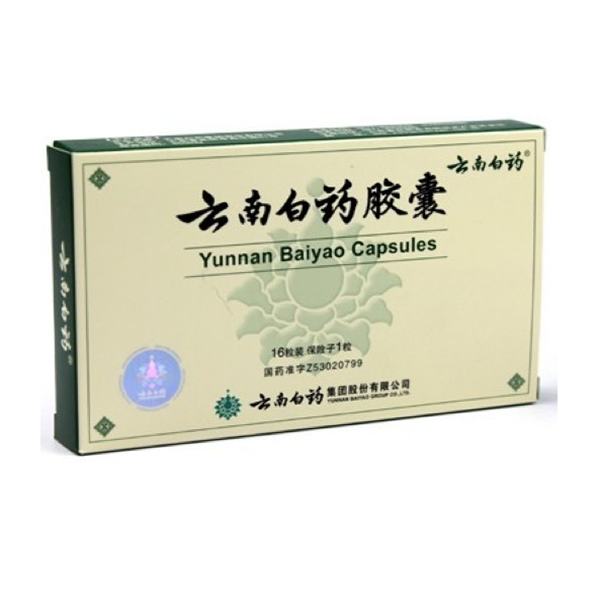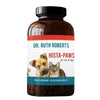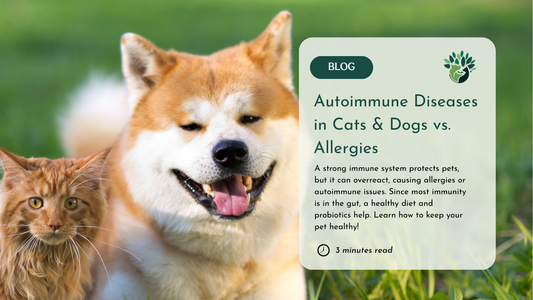Be Prepared for Pet Emergencies
Any time we are faced with the unexpected, there’s always one thing that can help improve the outcome: preparedness. And this is no exception when it comes to caring for our pets. Dogs and cats don’t get hurt or sick on a schedule. Sometimes, it always seems to happen at a time when we feel the least prepared. So are you and your pet prepared?
That’s why I want to help you meet unexpected health issues head-on. An Emergency Kit ensures you can care for your pet until they receive necessary professional help, if home care falls short. These items are crucial for travel or emergencies such as hurricanes, wildfires, floods, or any situation requiring the relocation of your pet.
Pet Emergency Kit Guide for Common Health Issue
Emergencies can strike at any moment, and being prepared can make all the difference. This section provides vital knowledge and supplies for your pet’s well-being, addressing issues from GI upsets to injuries during travel. I’ll walk you through essential strategies for managing these situations – whether you’re at home or on the go.
GASTROINTESTINAL (GI) UPSET
GI Upset is one of the most common “emergencies” that pet parents face. Since our pets can’t tell us more about why they’re vomiting, this often feels very urgent for pet parents. And while nausea and vomiting can be signs of serious illness, sometimes our pets just get a little tummy upset.
At the first sign of vomiting, you should withhold food for at least twelve hours. Letting your pet’s stomach rest will help it reset and prepare for the next shift. Continue to offer water, and give them some Activated Charcoal in the meantime. Feed them something nice and bland for their first meal (once they’ve made it 12 hours without vomiting), and don’t forget the probiotic. If your pet can’t hold down any water, it’s time to head to the vet.
If your pet has diarrhea, try offering some simple fiber-rich foods to help firm things up. Potatoes, turnips and sweet potatoes are all fiber dense, and you may already have them on hand if you feed The Original CrockPet Diet. Banana and pumpkin are also great choices as a snack or incorporated in food. Bring some powerful probiotics onboard right away.
If vomiting or diarrhea persists for more than 24 hours, you may want to call the doc to make sure there’s not something serious at play. Pancreatitis, bowel obstruction and even food contamination can be quite serious for four-legged friends, and require professional treatment.
Keep on Hand: Probiotics, Activated Charcoal
BLEEDING OR TRAUMA
Should your pet have an encounter with a sharp object or broken glass, it’s crucial to take immediate action. Begin by applying pressure to the wound to control any excessive bleeding. This will help stabilize their condition until you can get them to the vet. Additionally, carefully examine the wound to gauge its severity. It will provide important information for the vet’s assessment and treatment. This initial response can make a significant difference in your pet’s well-being and recovery.

After using clean water to flush the area, cover the area with sterile gauze pads and wrap the injury with VetWrap. This will keep the area clean, and help apply pressure to stem excessive bleeding, until your vet can take a look. Consider keeping Yunnan Baiyao on hand, to help if excessive bleeding does occur. Yunnan Baiyao is a Chinese Herbal formula, used to stop bleeding and promote healing from minor wounds and internal injuries.
Scratches and minor surface wounds can sometimes be cared for at home, by soaking the wound in epsom salt water daily and keeping it clean and dry. Only your vet can tell you if your pet’s injury requires medical attention like stitches, and you should always bring your pet for help if their wound does not stop bleeding, is not healing or becomes infected.
Keep on Hand: Gauze Squares, VetWrap, Yunnan Baiyao
INJURY OR OVER-DO
Just like humans, pets can sometimes overestimate their physical abilities, leading to injuries from high jumps, sudden movements, or over-exertion. This is especially common in older pets, who may experience strains or soreness after excessive activity. Keeping a non-steroidal anti-inflammatory in your Pet Emergency Kit will save the day if your pet had a misstep and is feeling sub-par. Inflapotion and Herbaprin can help relieve aches and pains, and help your furry friend rest comfortably while they heal.
Keep on Hand: NSAID, Inflapotion, Herbaprin
ON-THE-GO INJURIES
When preparing for your journey, ensure you bring the entirety of your emergency kit in case unforeseen events occur en route. Additionally, include a bottle of Liquid Nutricalm. It’s a natural herbal tincture designed to soothe your pet’s nerves during travel, enhancing the overall experience for both of you. This remedy is also invaluable during thunderstorms or whenever your pet experiences anxiety. Its calming effects can make a significant difference in your pet’s comfort and well-being in potentially stressful situations.
Keep on Hand: Portable water bowl, Nutricalm
Why Do I Need an Emergency Kit for My Pet?
Having an Emergency Kit for your pet is like having a safety net for unforeseen situations. Picture this scenario: your pet suddenly falls ill or sustains an injury, and for various reasons – perhaps it’s a holiday weekend or you’re away from your usual vet’s clinic – you can’t get them immediate professional help. This is where your Emergency Kit steps in. It serves as your contingency plan, ensuring that your furry friend remains safe, comfortable, and well-cared-for until you can get them to the vet. In some cases, with the right knowledge and resources on hand, certain emergencies can even be managed effectively at home. That’s why I encourage you to join our community to get access to our resources and follow my recommendations on When Not To Go To ER Vet. This valuable information can make a significant difference. You can address the situation at home rather than rushing to the emergency room in the middle of the night. This level of preparedness can ensures top-notch care for your pet, even in unexpected situations. It’s a game-changer for their well-being.
Don’t ever try to treat a serious wound or illness without a licensed vet. When in doubt, prioritize caution and seek professional help. Maintain a well-stocked kit during hurricane season, and always be mindful of your pet’s accommodations in weather-related emergencies or natural disasters. After all, your pet is part of the family, and keeping your entire household prepared will help you avoid major issues in the face of an emergency.
*If your pet becomes extremely ill or injured unexpectedly, these recommendations are not intended to replace the care or advice of a licensed veterinarian. If you suspect your pet is urgently ill or injured, you should always bring them to the nearest available veterinary hospital.















